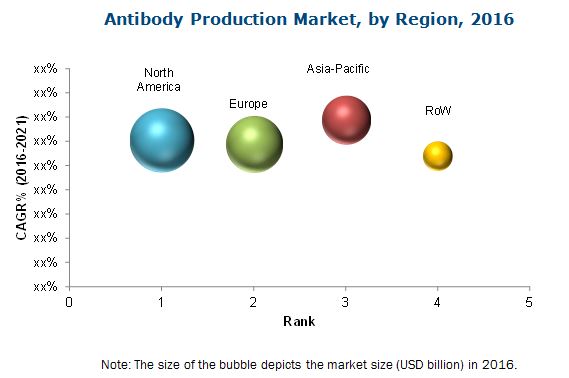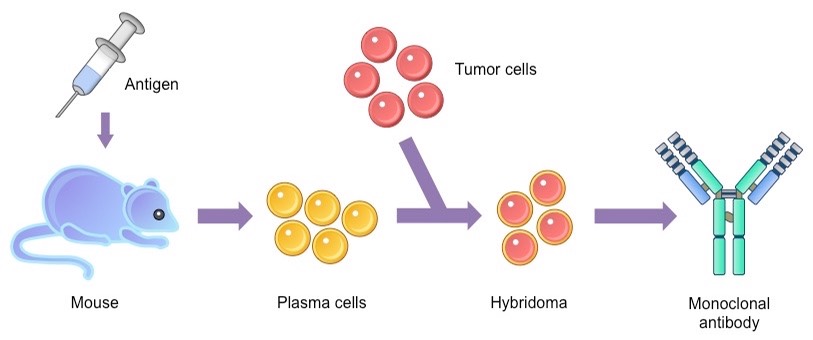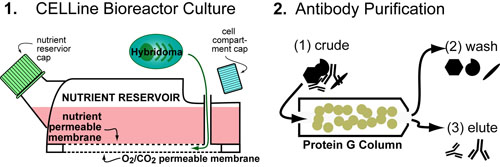

The process of in vitro antibody production offers several advantages. This approach involves utilizing specific cell lines, such as hybridomas, or recombinant cell lines (such as HEK cells or CHO cells), to produce antibodies through cell culture techniques. In vitro antibody production is a method used in laboratories to generate antibodies outside a living organism, such as mouse models. Polyclonal antibody production – a complete guide Alternative: In vitro antibody production Here’s an overview of the individual steps involved: The in vivo antibody production process is used in laboratories to produce antibodies in animals. They are essential tools in immunology, diagnostics, and therapeutics, aiding in the understanding of immune responses and facilitating disease detection and treatment.

These in vivo-produced antibodies, known as polyclonal antibodies, exhibit high specificity and recognize distinct epitopes on antigens.

Murine models, including mice, are often used to study immune responses and generate antibodies with desired specificities. In vivo antibody production involves a complex process where specialized immune cells, such as B cells, recognize and bind to antigens, triggering the production of specific antibodies. They play a crucial role in recognizing and neutralizing antigens to protect against infections and diseases. in vitro ab production – learn more Antibodies produced in vivoĪntibodies produced in vivo are vital components of the immune response in living organisms.


 0 kommentar(er)
0 kommentar(er)
